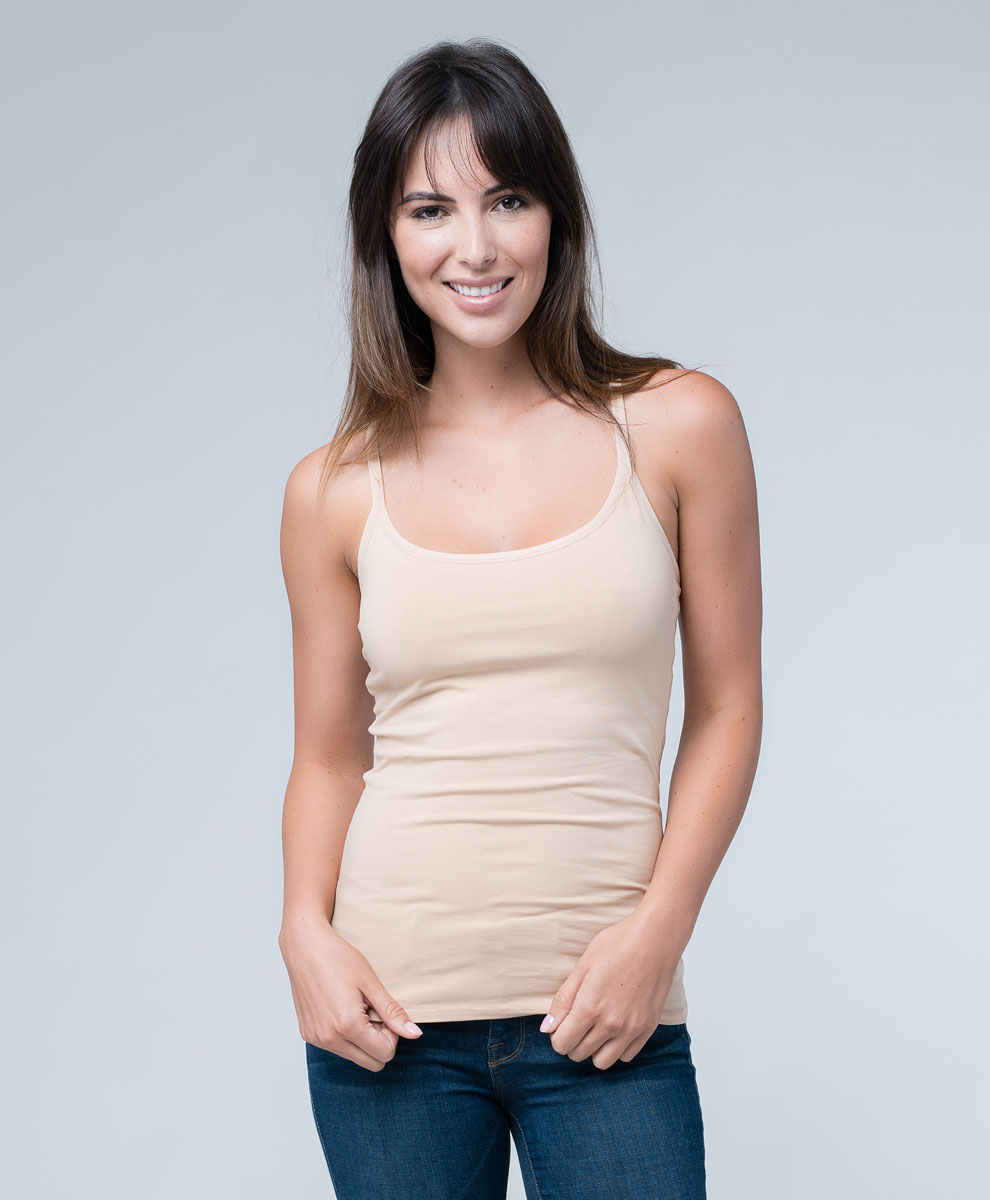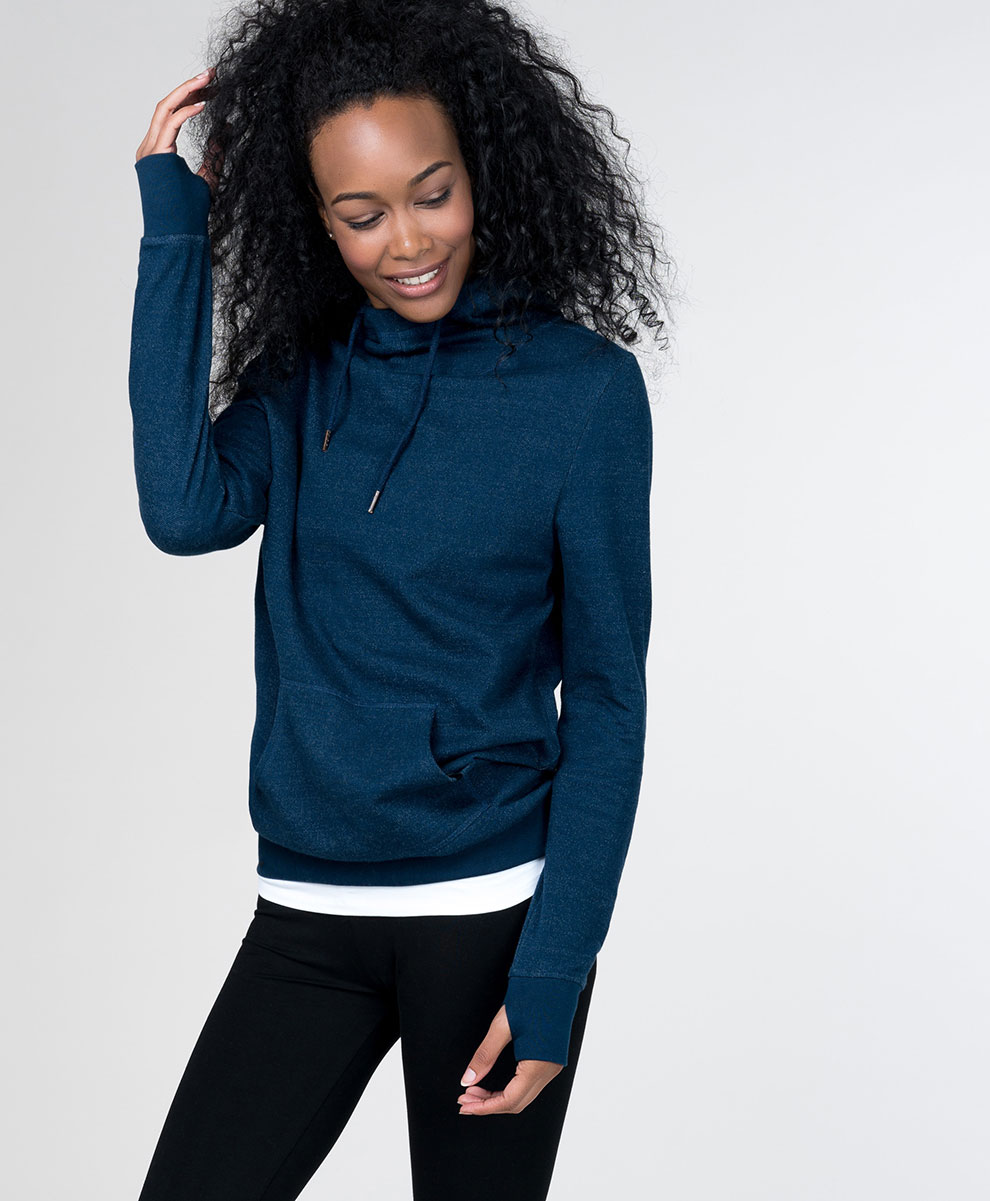3 Reasons Organic Is More Expensive Than It Should Be
Organic. Is. Everywhere. From all aisles of the grocery store to personal care products, household cleaners, clothing and even alcohol, the movement toward organic is spreading—and that’s a good thing. What’s not so hot are the price tags. We dug a little deeper to find out why organic clothing can come at such a high cost.
1. BLOATED SUPPLY CHAINS
The more middlemen that come between, say, a cotton farm and the cotton undies on your booty, the more money you will inevitably pay. That’s because each and every link in the supply chain has people and processes to support, so the end cost often lands on the end customer (that’s you). Yeah, we rolled our eyes about that one too.
But it’s not all doom and gloom.
There are some organic clothing brands out there who are working to trim the fat. Pact Apparel works closely with their family-farm suppliers as well as organizations like Chetna Organic, Fair Trade Certified™ and Global Organic Textile Standard (GOTS) to shorten their supply chain and pass the savings on to their customers. What’s more, this close contact keeps everyone honest, ensuring workers and farmers are treated fairly and the planet comes to no harm. Close friends = eco-friendlier clothes. We like that equation.
2. MARKUP MADNESS
The truth is: materials like organic cotton are only marginally more expensive than conventional versions, but many brands bump up the price because people expect to pay more for them. Organic has a certain cache. It’s special. Meaningful. Valuable. So, many companies take advantage of their customers by raising prices to increase their margins. Hey, if people will pay it, why not charge it, right?
Why not? Because that’s crazy-pants.
Brands like Pact want everyone to have access to organic clothing. They believe that it shouldn’t (and actually doesn’t) cost much more to do the right thing. So, since organic is better for their customers, the planet and all the people on it, Pact sticks to its promise to keep markups to a minimum and sales to the max. Check out Pact’s bestselling organic basics >
3. "FAST FASHION” FALLOUT
Ever heard the term “fast fashion”? It’s what they call those clothing brands that churn out countless seasonal styles, colors and patterns at warp speed (and oftentimes, low quality). Sure, you get more options to choose from, but all of those little changes take a BIG toll on the final price of the product.
Let’s break this thing down.
Let’s say the majority of a brand’s female shoppers buy medium-size black or white cotton underwear. It’s the standard, right? Well, instead of focusing on the handful of colors that customers love and buy, a fast-fashion brand would offer a rainbow of seasonally updated colors that go out of style in a hot minute.
Plus, whatever people don’t buy just goes to waste, along with all the investment it took to bring you so many options. Pact believes that comfort rules and inefficiency drools. They’d rather make super soft organic clothing affordable for the masses than jack up their prices to provide a few more colors.







